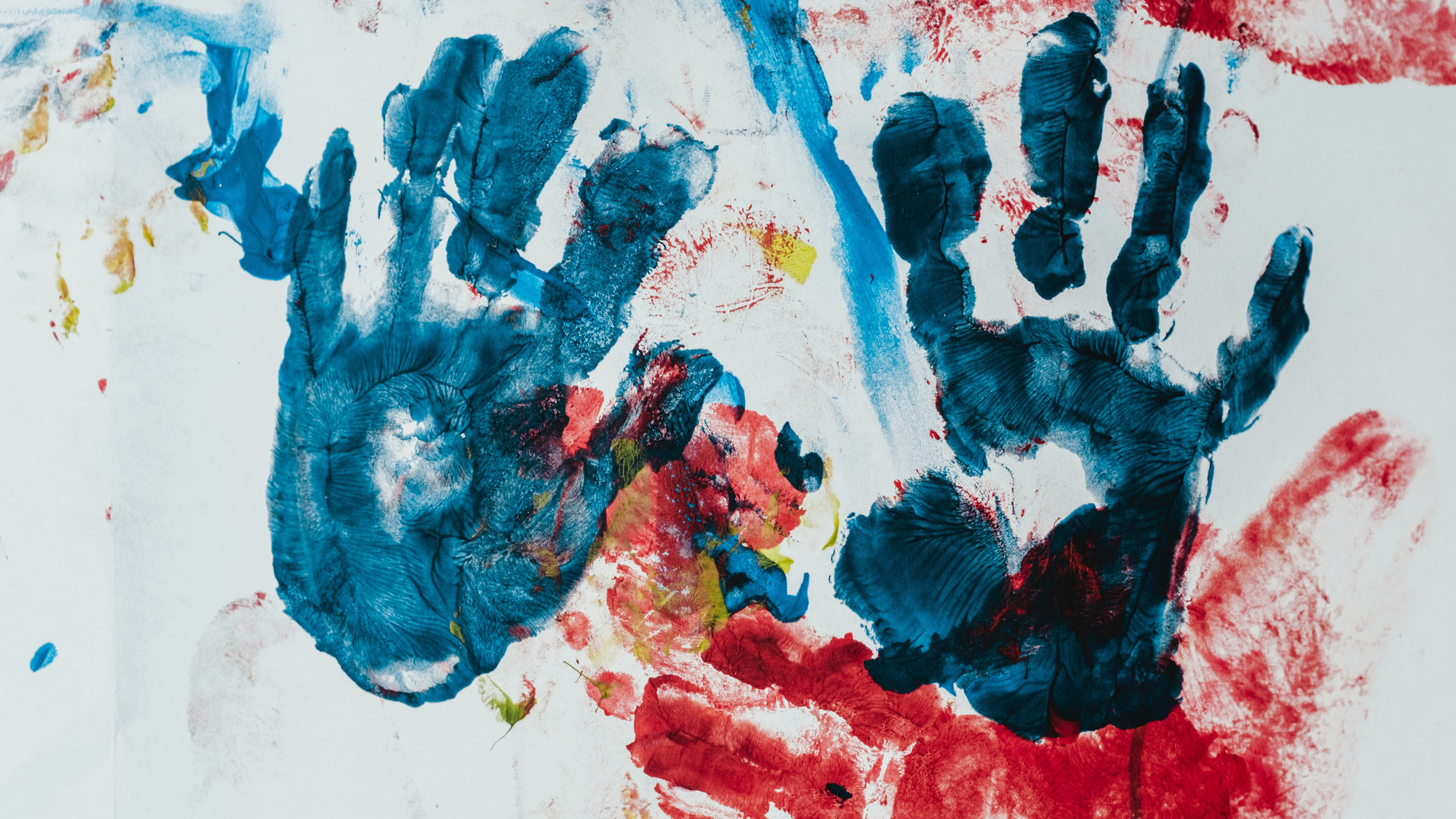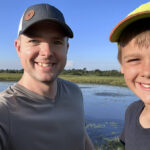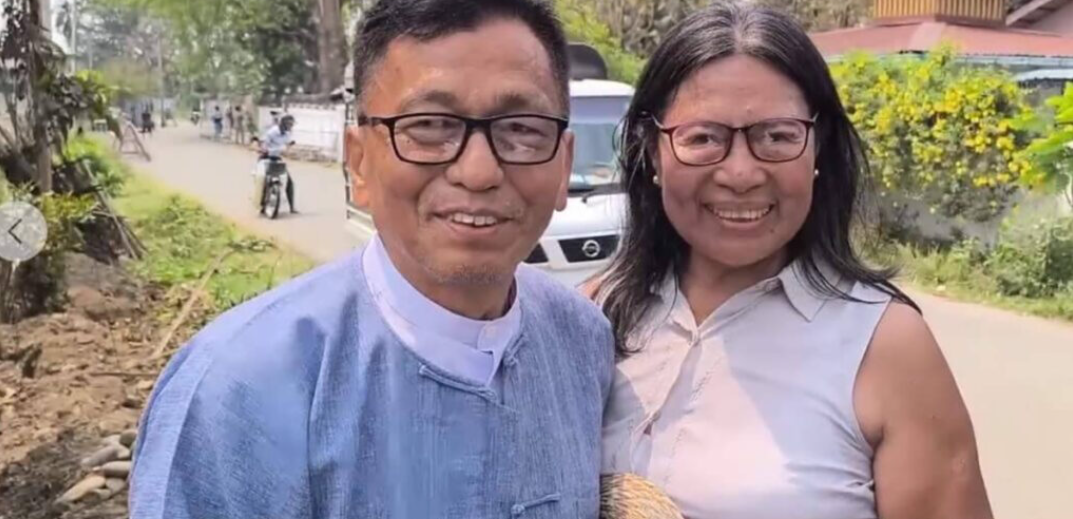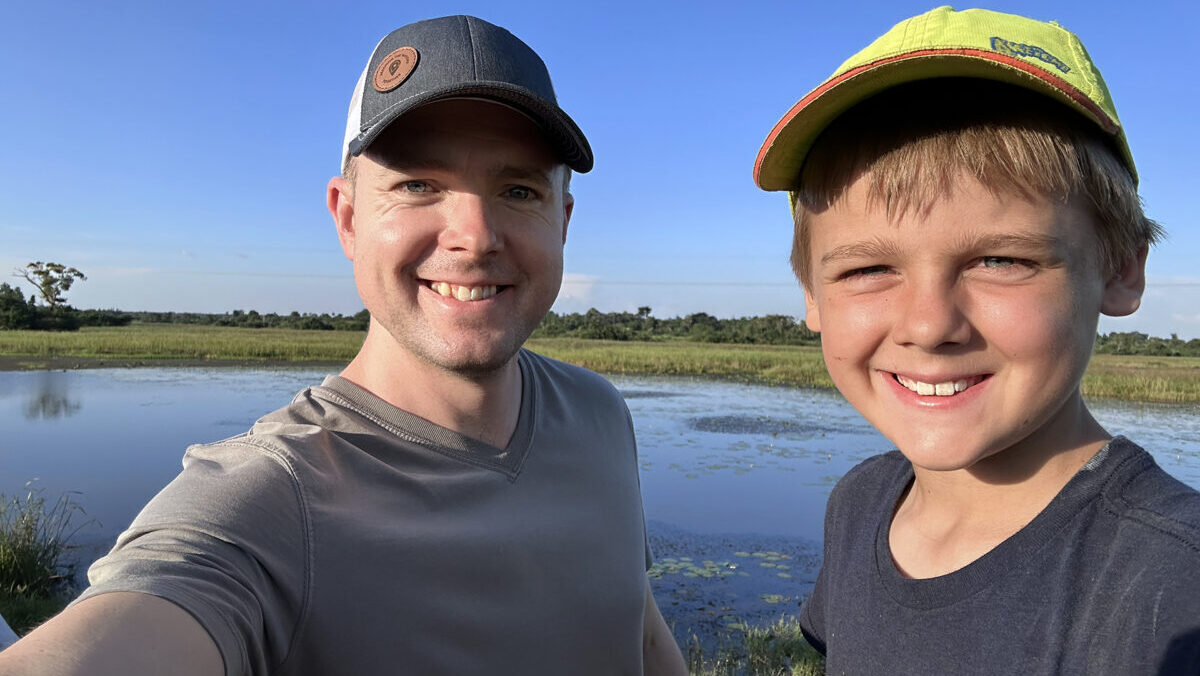Sexual abuse in the church is “difficult to talk about, but we have to be prepared,” a leading advocate for prevention training told participants at an Oct. 5 webinar.
Gregory Love, co-founder of MinistrySafe and Abuse Prevention Systems, said he’s worked with child sexual abuse cases for 28 years as an attorney and Christian layperson, and it’s still an uncomfortable subject within the church.
But “the sheep pen belongs to the Lord, and we must protect the sheep entrusted to us,” Love noted.
The webinar, “Sexual Abuse Risk in Churches/Changes in the Landscape,” was sponsored by the Alabama Baptist State Board of Missions.
Love noted the abuse landscape, including insurance mandates, has changed during the COVID-19 era.
“Many organizations now have to respond to questions they’d not seen before on [insurance] applications or renewals,” he said. “Insurance companies are calling us to take action. They want us to make changes for the better because our children are worth it.”
Another difference is that many children now live in a more isolated world, and abusers may have more opportunity to foster relationships, he said. The isolation also has brought about more danger from increased use of electronic communication and social media.
Love said 60 million abuse survivors live in America. One of four females will be abused before age 18, along with one of six males.
“Sixty-six percent of those who are abused won’t talk about this until they’re adults, if ever, because predators have convinced them, ‘Nobody will believe you,’” Love said. “And often this is true. Some research shows that victims have to talk about their abuse up to six times before they’re believed and helped.”
While the term “stranger danger” has been taught to boys and girls in recent years and is helpful, most cases of abuse are carried out by those who are known and trusted by the victim, he noted.
“The ‘abduction offender’ engages in 4% of abuse cases; while the ‘preferential offender’ is involved in 94% of cases,” Love said. “Both the Jerry Sandusky and Lawrence Nassar abuse cases involved two people who had the respect and trust of the community. The vast majority of abused are victimized by one they know and trust — someone who ‘looks like you and me.’”
Love acknowledged background checks are important and churches must use them, but less than 10% of abusers will encounter the criminal justice system.
“We must continue to perform checks [but it] just cannot be all we do,” he declared.
Since there is no visual profile of an abuser — we can’t “see” them — Love said the key is to recognize behavior.
“The preferential abuser grooms children, and us,” he said. “The preferential abuser disarms us because he or she is educated, attractive, articulate and sometimes spiritual.”
Males and females are “wired” differently, Love noted, so with boys, the predator may try alcohol or pornography, and with girls it may be emotional appeals to build trust through texting or other media.
MinistrySafe and Abuse Prevention Systems — as well as other groups — ensure everybody in the “sheep pen” has training and can recognize aberrant behavior, Love said.
“That way, everybody working with children and youth have eyes, ears and a mouth,” he explained. “They recognize the behavior, and they speak up when something looks improper.”
Proper procedure involves training, screening, background checks, policies and procedures, and monitoring and oversight, Love said.
MinistrySafe is providing documents plus video training and certification through a partnership with ALSBOM. Churches using the coupon code, “ALSBOM,” will pay only $50 for their first year of membership.
Lee Wright, ALSBOM coordinator of church compensation services, said two days of in-person training from MinistrySafe will be offered in Alabama next year: Feb. 24 at FBC Decatur, and March 24 at FBC Fairhope. Registration is open at alsbom.org/events.








